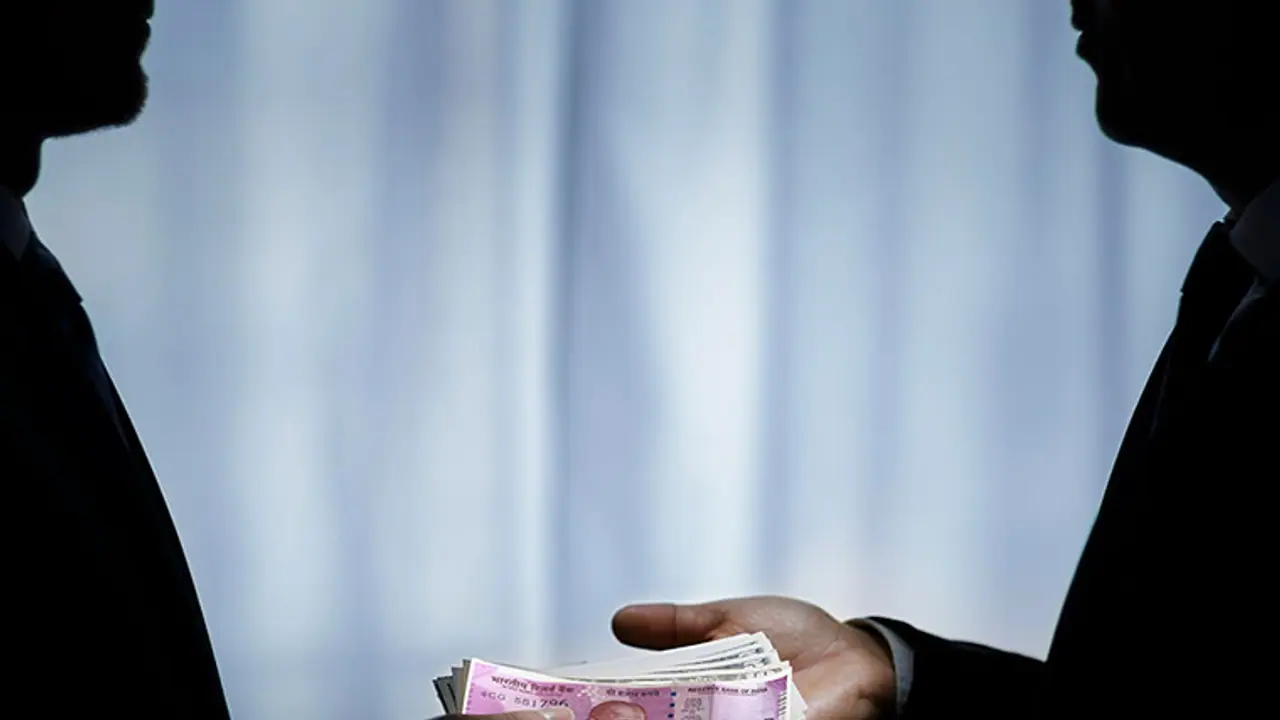Karnataka is the most corrupt state in India, followed by Andhra Pradesh, Tamil Nadu, Maharashtra, Jammu and Kashmir and Punjab. Corruption is prevalent in public services like electricity, health, banking, police, tax services, land and housing
It's not just a rumour anymore, but a concrete fact. Karnataka is the most corrupt state in India. Recent surveys conducted by a private, but well-known think tank- Centre for Media Studies- have proved that the state ranks the highest in corruption as compared to the other states in the country.

The readings are not baseless, given the fact that the 'CMS India Corruption Study 2017' survey was conducted on households that face daily challenges in every walk of life. Close to 33% of them have admitted to a sorry state of affairs in the state and say that the government is not at all interested in reducing the corruption figures. In a survey conducted in the span of October-November 2016 and January 2017, approximately 77% of the households interviewed said that they had to pay bribes for public services.
Backing the report is the 'I paid bribe' public portal, an initiative by a Bengaluru-based non-governmental organization-Janaagraha. According to a survey conducted by it in the year 2016, close to 6,500 people have paid a bribe. It is, however, to be remembered that these were only the registered cases on the site and the numbers may go up, considering the fact that most of the victims of corruption either do not have access to the Internet or are unaware of the existence of such a group.
The organisation has dug deeper into the facts and found that close to 7,143 cases were registered against the police department between 2010 and 2014. Moreover, close to 80 percent of the reports on the 'I paid bribe' website relate to incidents of bribery for offences like traffic violations, passport verification, issuing khata certificates, vehicle registration and more.
There are multiple reasons why corruption is prevalent in various states of India and these reflect poorly on the state administration and the law and order situation too. Some of the common reasons cited by experts include:
Low wages: Most of the government officials are paid very low wages and therefore they resort to taking bribes. The lower income works inversely in proportion with the price rise, which forces individuals to resort to corruption. The administration should have taken an account of the situation much in advance, before things worsened, but the lack of awareness has dragged Karnataka to such a sorry state.
Low employment opportunities in government offices: People look for a stable employment and a government job is the best option. However, prevailing corruption in this sector further leads to bribery and corruption as middlemen demand money for entry in government offices. The situation remains the same even if you are looking forward to a public service.
Tolerance for corruption: People's tolerance for bribery and readily available cash flow add up to the government's apathy toward corruption. Unlike the West and the European countries, the offenders are just let off with a warning or receive bail easily.
Lack of counselling: Government officials in India require proper counselling to create a corruption-free environment. They should be made to understand that corruption can lead to further corruption and this neither helps the society nor the person individually.
Political alliances: Political interference in the day to day life of common man adds to the issues arising out of corruption. Offenders are let off because of their high-reach in the state administration and bureaucracy. Unfortunately, the law and order is not the same for everyone.
Lack of accountability: Files lay unattended for years together, cases remain pending for days on and there are no specific deadlines to finish a particular task. Speeding up would require money, which doubles up depending on the urgency of the stakeholder.
